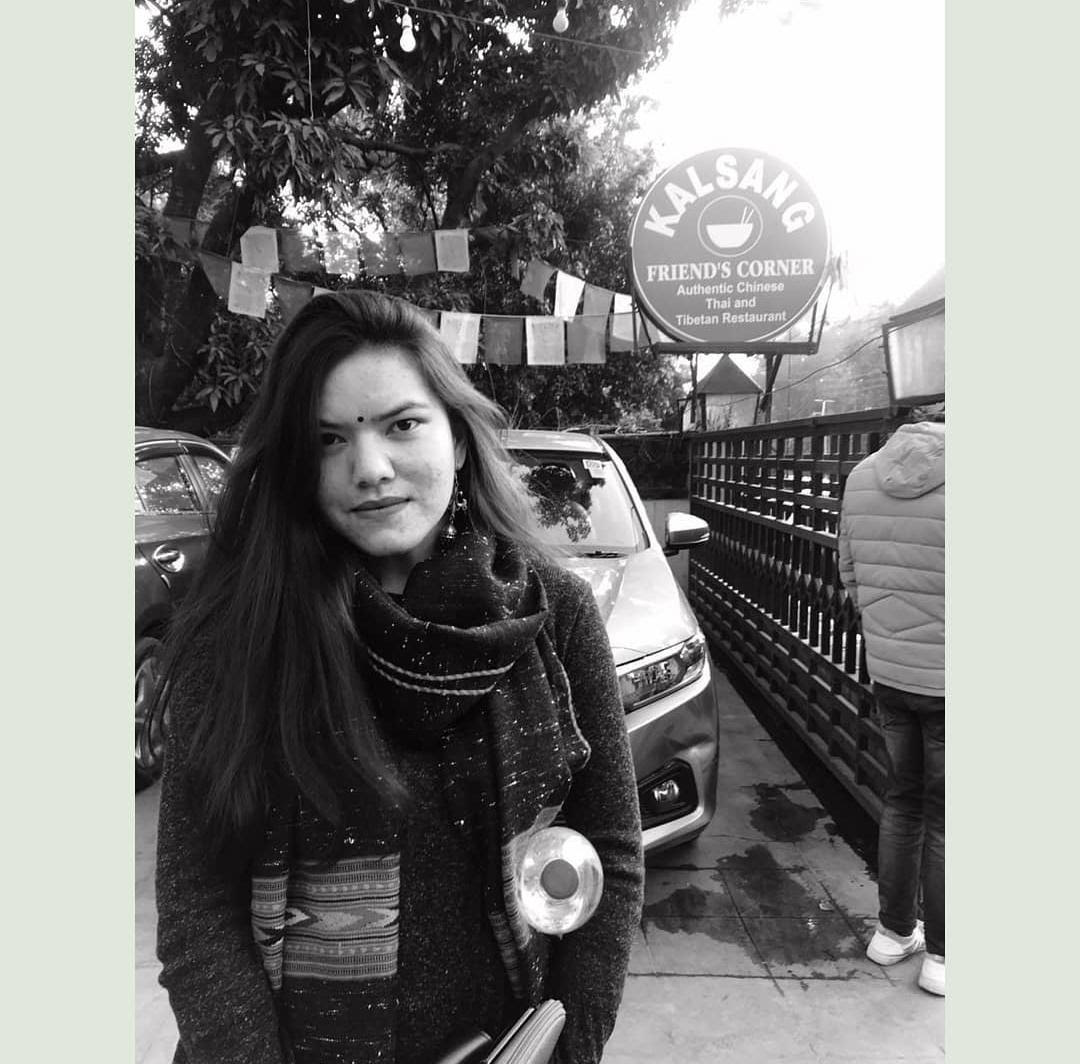Covid-19 as a 21st century Pandemic in a way has brought the world together, to think of it we all want to win this war against this virus and get back to our ‘normal’ while the ‘new normal’ creeps in our modern lives. In the fight against the virus, there are two main strategies being deployed in the digital arena – Location Tracking and Contact Tracing and since the deadly virus is easily transferable, one cannot think of any other way than to track down the people infected but the question is at what cost? For a country like India with a population of 1.3 billion this whole tracking strategy comes as a challenge. I would take a dive into this broken and yet powerful strategy which in a way has helped advance the rising right wing nationalist agendas in India, referring to the historian Yuval Noah Harari who talks of the ‘new regime of surveillance’ taking over the 21st century.
The first case of covid-19 was reported in India in the month of January and as of now we have a total of 266598 cases with 129917 active cases and more than seven thousand reported deaths.(Source: Quintfit). Soon after in the month of April, the government launched the Aarogya Setu App which it believed would form a partnership between the citizens and government which would help in fighting covid-19 using the Digital Contract Tracing Technology (DCTT). The app was then made mandatory for both the government and private sector employees by citing it as a necessary precautionary and preventive measure to combat the novel corona virus. However, the users and experts in India and around the world have claimed that the app raises huge data security concerns. Thus the pandemic is in a way forcing us to make Faustian choices: your privacy or your life. And as the creation of modernity itself; for many of us our privacy is our life. It was recently in 2017 when the Supreme Court felt the same and declared privacy as a fundamental right and with the introduction of the Aarogya Setu app which clearly mentions the use some personal information our ‘trust’ issues are justified. Now the deployment of surveillance tools to keep an eye on us is not new and before the Aarogya Setu app even the Adhaar card caught some attention regarding security concerns. The major difference being; Adhaar card was not a mobile based application and thus the inaccessibility to smartphones did not interfere with its functioning. As per current reports there are 401.74 million smartphone users in India which is not even 50% of the total 1.3 billion population which technically declines the effectiveness since many won’t even have access to the app. Then why is the government forcing its citizens to download the app knowing that only less than 50% of the population can use the same and it is important to note that the app is a legislative void till date.
Aarogya Setu literally means the “bridge to health” but its declining effectiveness on the forefront looks likes a bridge to a new fascist regime of surveillance. With no surveillance law in place and no proper legislative foundation the government was able to get 100 million installs in just 40 days of time period which is a testimony to how the growing Right Wing Nationalism has impaired the senses of citizens where they don’t consider it important to question the authority. Yuval Noah a renowned historian talks of how the politicians all round the globe justify the deployment of the new under-the-skin surveillance; by declaring a war against the novel corona virus which leads to involvement of security services.
Yuval says - "People could look back in 100 years and identify the coronavirus epidemic as the moment when a new regime of surveillance took over, especially surveillance under the skin which I think is maybe the most important development of the 21st Century, is this ability to hack human beings."
With less than 50% of smartphone users in India the app makes little sense and also raises our concern about the right to choice. The app simply takes away the right of the person to decide and control the use of information pertaining to him. Though the guidelines of the app mentions of the removal of all the personal data within 30 days on deletion of account, it cannot be ascertained whether the controversial app will not be using our personal information exactly where we don’t want it to. The ability to hack human beings as mentioned by Yuval starts becomes more apparent when we skim through the guidelines mentioned for the app.
To think of it the Aarogya setu app is not even close to perfect in technological terms and yet this app stands strong. The app relies on a simple Bluetooth technology which many have claimed to be faulty and though the public health emergency allows certain restrictions on personal liberty, it cannot be a pretext to encroach upon one’s privacy by introducing a disproportionate measure. Is it not the duty of the government to ensure the privacy of the individuals? The PDP Bill – Personal data Protection bill is the only framework which regulates and provides safeguards regarding data protection in India but the bill has not been enforced yet. This is a matter of another grave concern as we don’t have any remedy against the abuse which might ensue by the breach of our private information. The implementation of the app has no proper legal footing and thus highly unconstitutional. Notwithstanding its unconstitutional nature, some central/state universities including my own recently issued a circular which mentioned the download of the Argya Setu app as mandatory for the students when the college reopens. There is no rationale behind using an app like this in a university like JNU which has a residential campus. The app not only violates our basic rights of choice and privacy but also highlights the oppressive nature of the state and therefore even an existence of a health crisis cannot justify the use of this unconstitutional app as the correct surveillance tool for the 1.3billion people of India.

